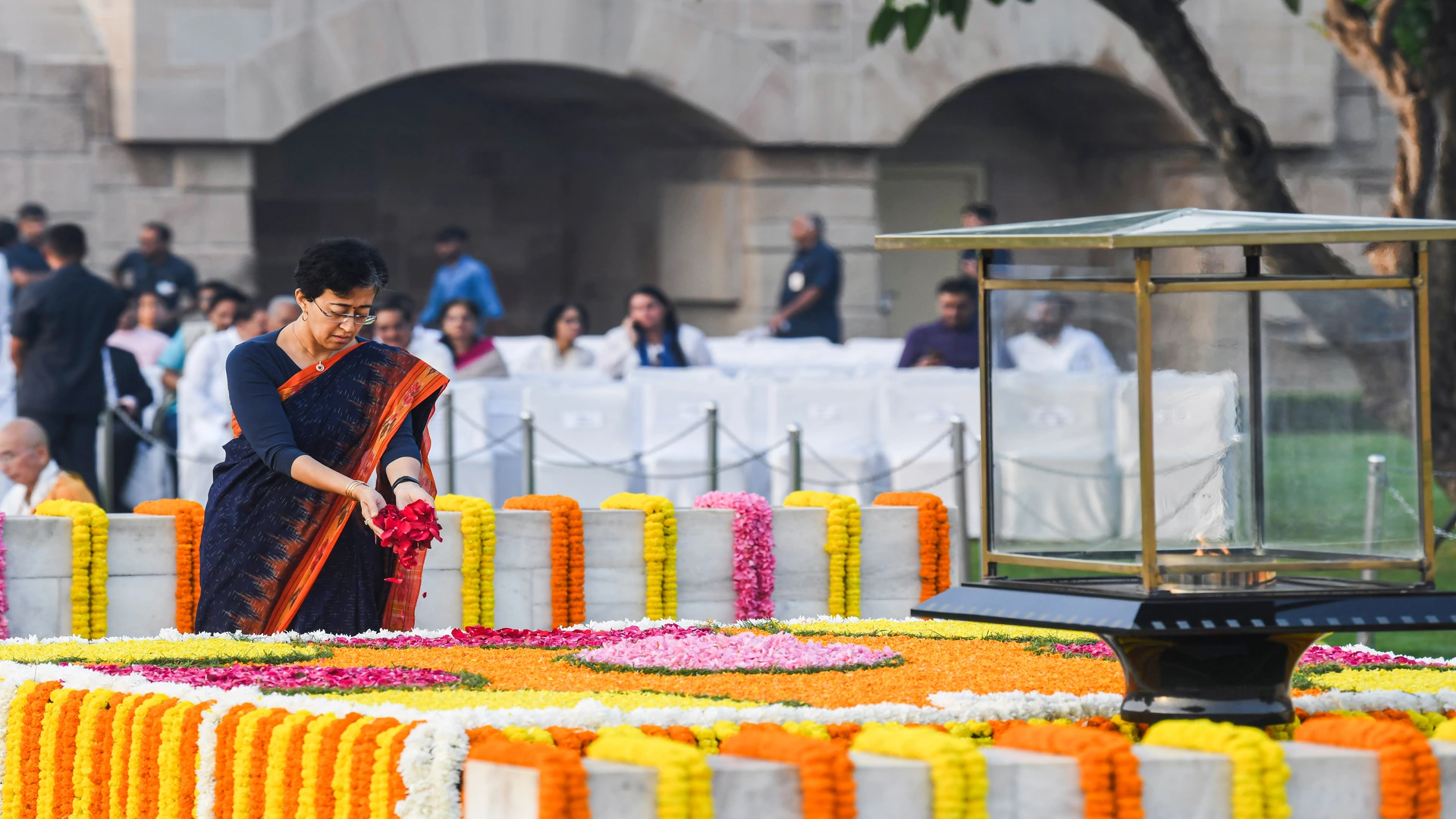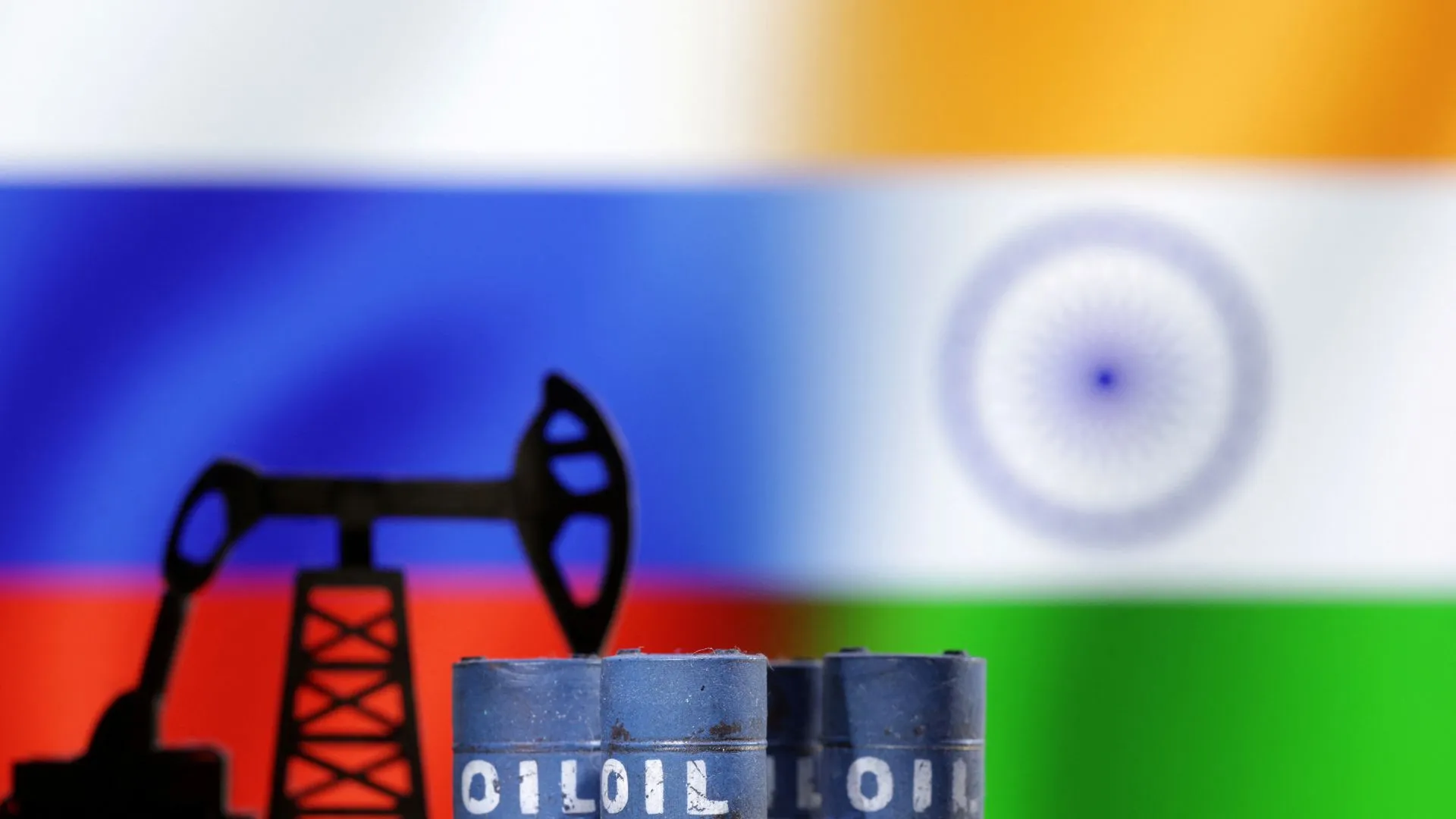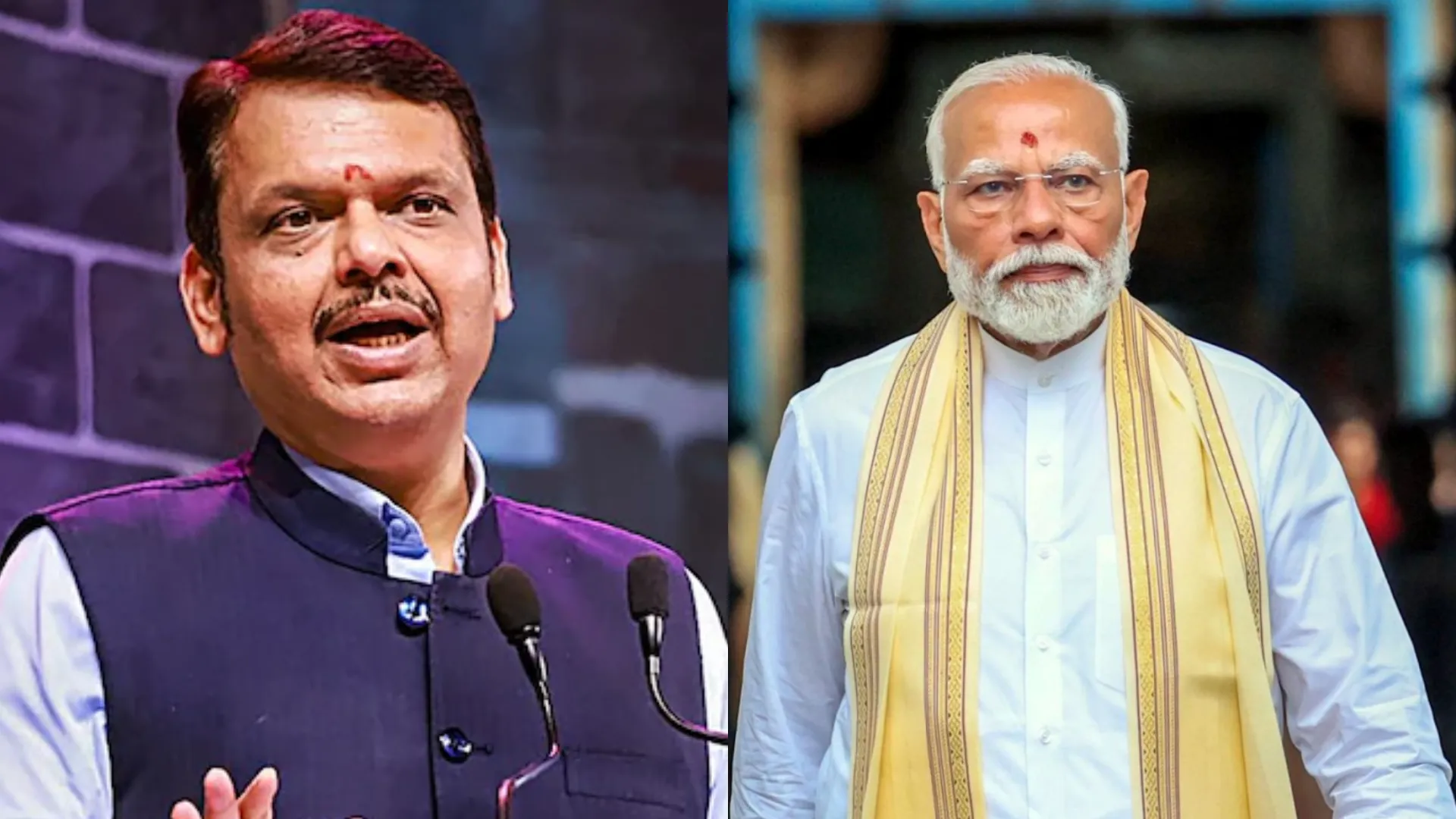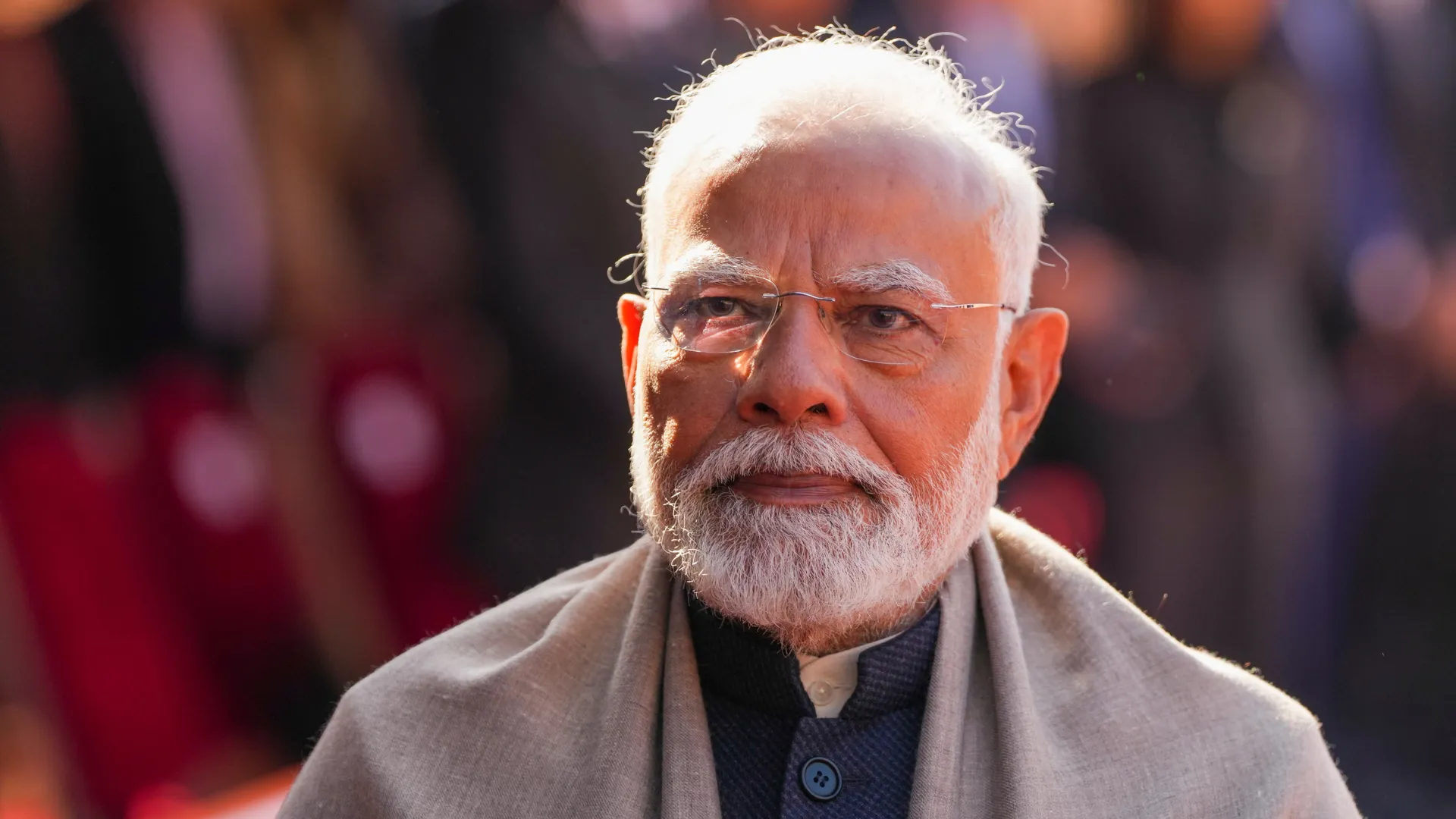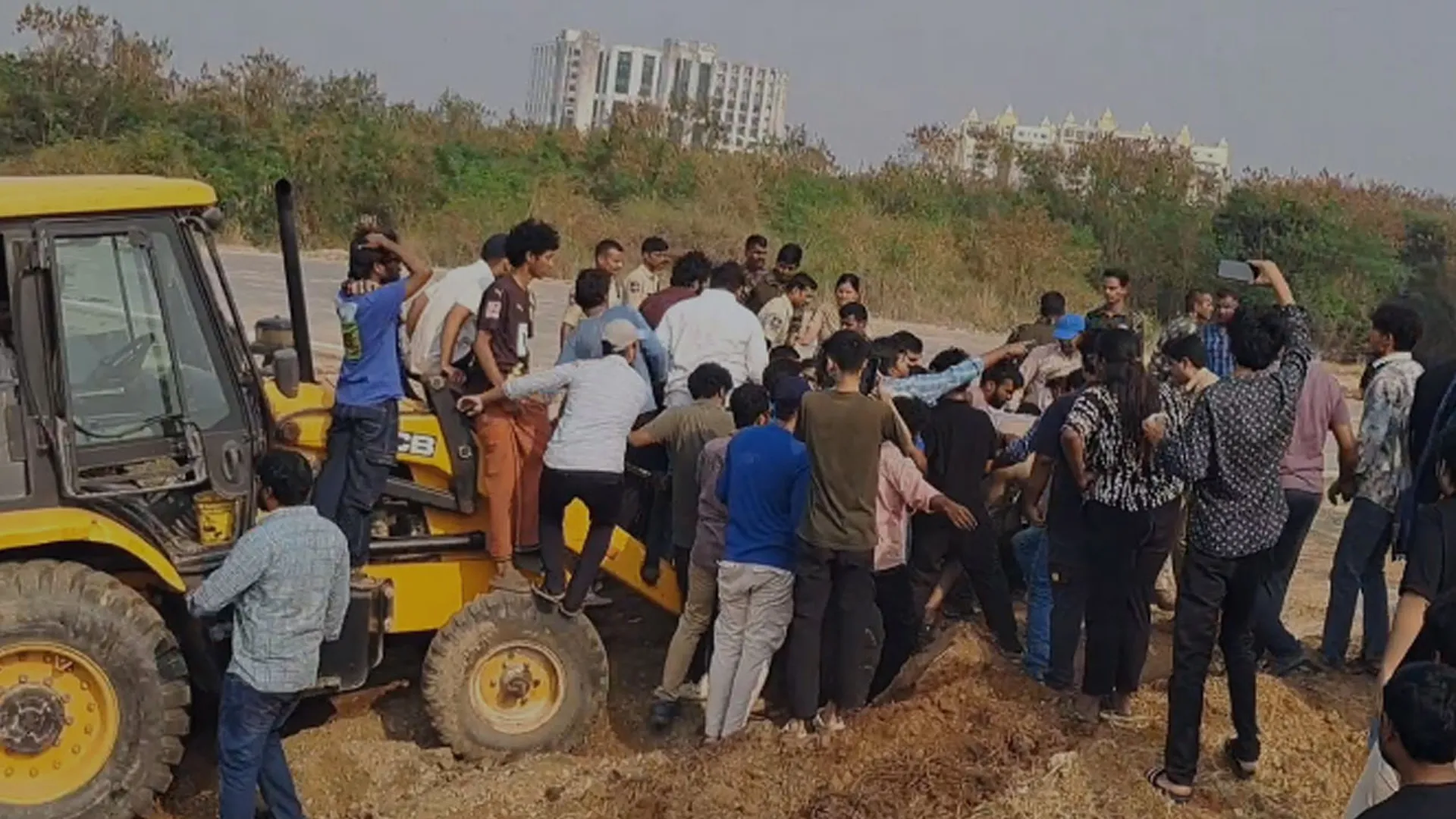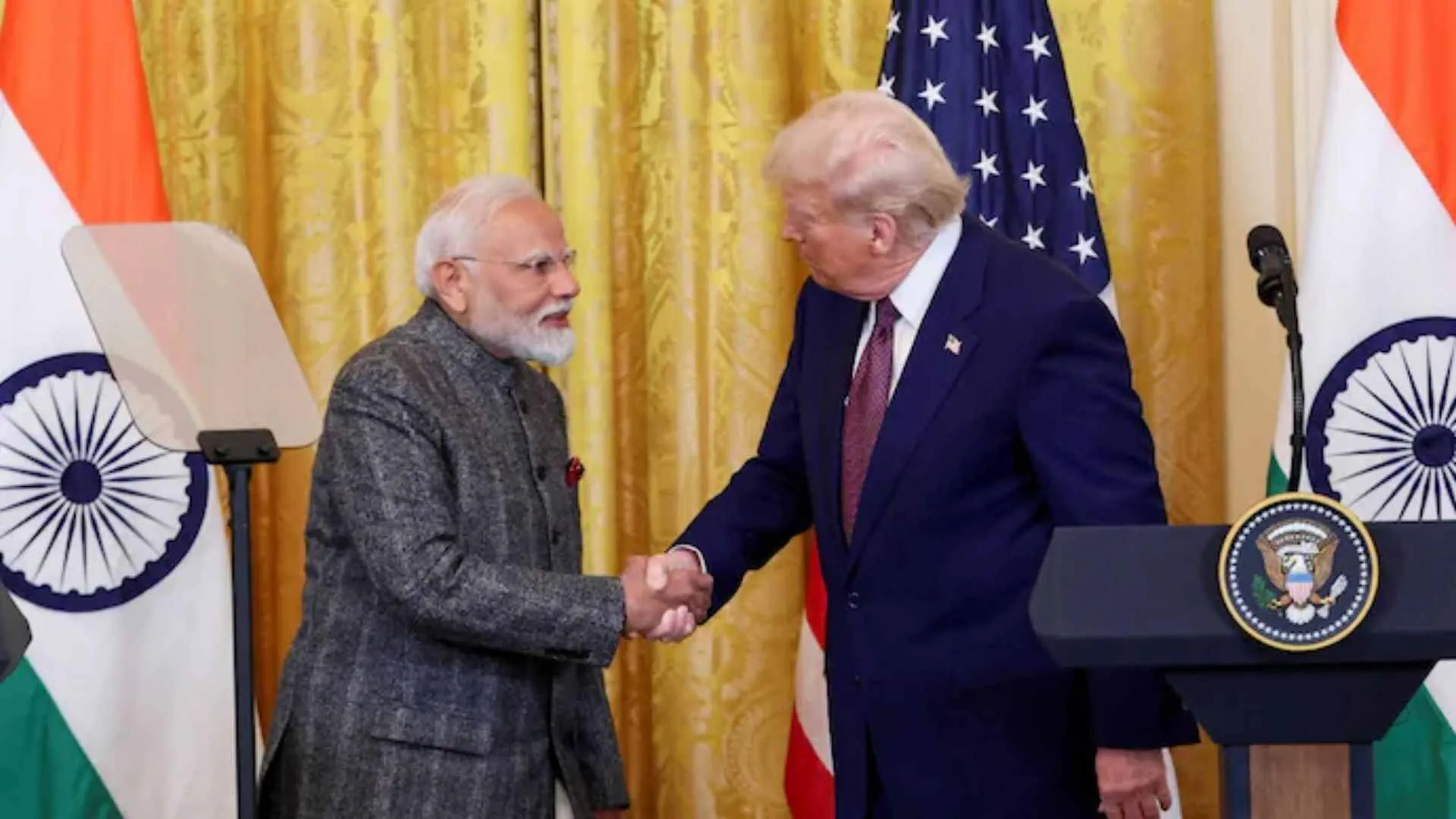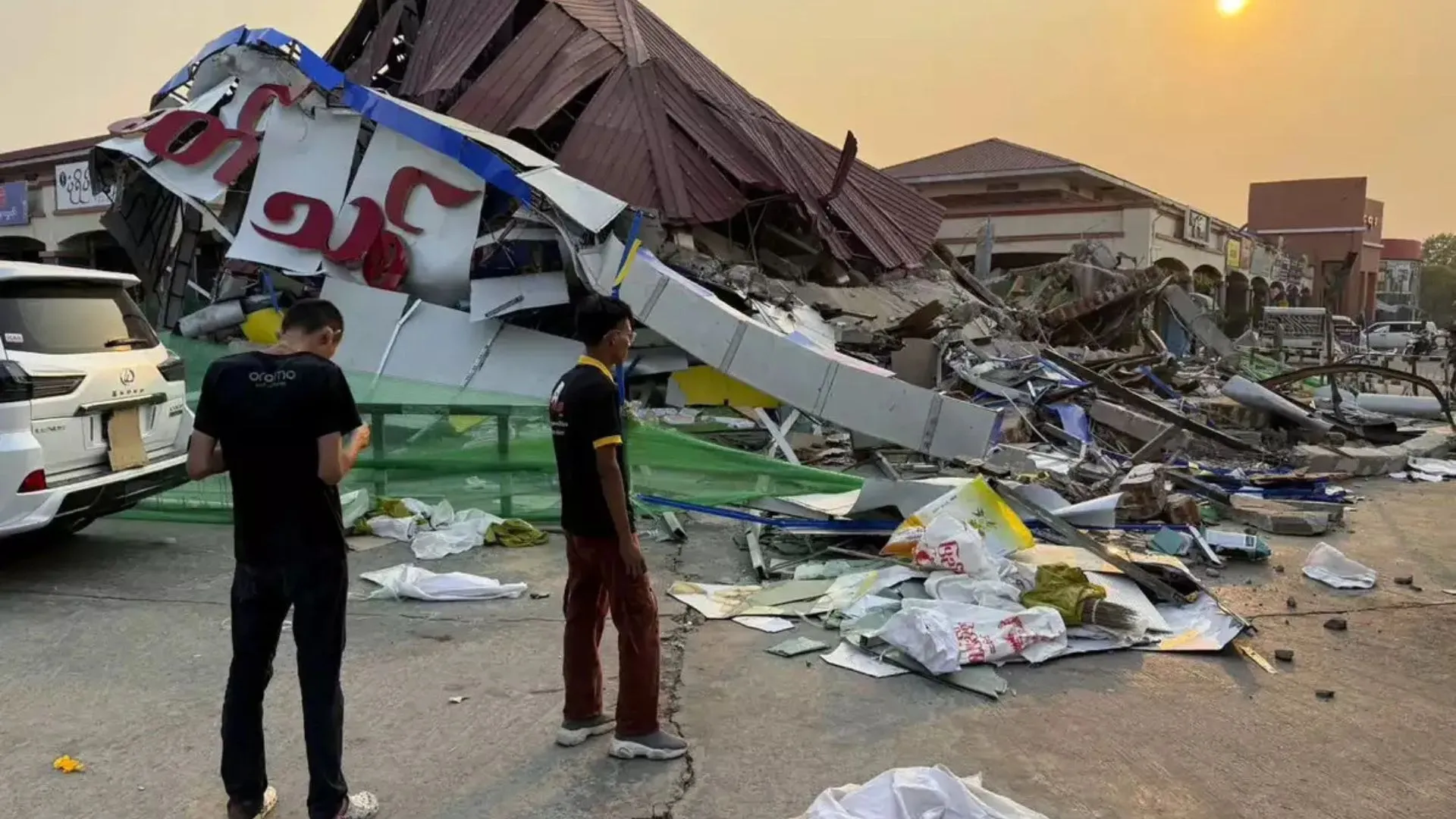On October 2, 2024, during the 155th birth anniversary of Mahatma Gandhi, Delhi Chief Minister Atishi took a symbolic stand by emphasizing the relevance of Gandhi’s philosophy of Satyagraha in today’s political climate. In a thinly veiled critique of the Modi government, she remarked on the importance of peaceful resistance in what she described as an “era of dictatorship,” suggesting that Gandhi’s principles are needed now more than ever. This statement comes at a time when tensions between the Aam Aadmi Party (AAP) and the Bharatiya Janata Party (BJP) have escalated in Delhi, especially with elections looming.
The event was held at the Delhi Assembly, where Atishi, along with Assembly Speaker Ram Niwas Goel and Minister Mukesh Ahlawat, paid floral tributes to Mahatma Gandhi and former Prime Minister Lal Bahadur Shastri. Atishi further expressed admiration for Gandhi, acknowledging his global influence and his steadfast commitment to truth and non-violence. Gandhi Jayanti, a national holiday, continues to serve as a day of reflection on Gandhi’s contributions to India’s independence movement.
Meanwhile, BJP leaders, including Prime Minister Narendra Modi and Union Minister Manohar Lal Khattar, marked the occasion with tributes at Rajghat. In a post on X (formerly Twitter), PM Modi highlighted Gandhi’s enduring legacy, calling him an inspiration for values of truth, harmony, and equality. Modi also paid tribute to Lal Bahadur Shastri, acknowledging his dedication to the nation’s farmers and soldiers.
Amid these tributes, the ongoing political tussle between the AAP and BJP has taken center stage in Delhi. In recent weeks, the AAP has been facing criticism from BJP leaders over various governance issues. BJP Delhi President Virendra Sachdeva accused the AAP government of neglecting the city’s infrastructure, particularly road maintenance, for years. With elections around the corner, the BJP claims that AAP’s sudden focus on road repairs is mere “political drama” designed to sway voters. Manoj Tiwari, a senior BJP MP, has been vocal in his criticism, stating that the AAP’s governance has been lackluster, only coming into action close to election time.
In a sharp retort, AAP’s Arvind Kejriwal recently targeted the BJP, accusing them of sabotaging development in Delhi by having him jailed. Kejriwal alleged that the BJP sought to derail AAP’s progress in the capital and claimed his arrest was politically motivated to tarnish the party’s image. These accusations have further heightened the political animosity between the two parties, as both gear up for upcoming electoral contests.
Also read: PM Modi Unveils Rs 83,300 Cr Projects in Jharkhand, Tribal Focus
This ongoing clash between AAP and BJP reflects the high-stakes nature of politics in Delhi. With the assembly elections nearing and both parties positioning themselves as the city’s saviors, the rhetoric from both sides is intensifying. The BJP is focusing on highlighting AAP’s governance failures, while AAP counters by accusing the BJP of stalling development through political means. As the political landscape continues to heat up, the legacy of figures like Mahatma Gandhi and Lal Bahadur Shastri remains a poignant reminder of the values that both parties claim to uphold.

